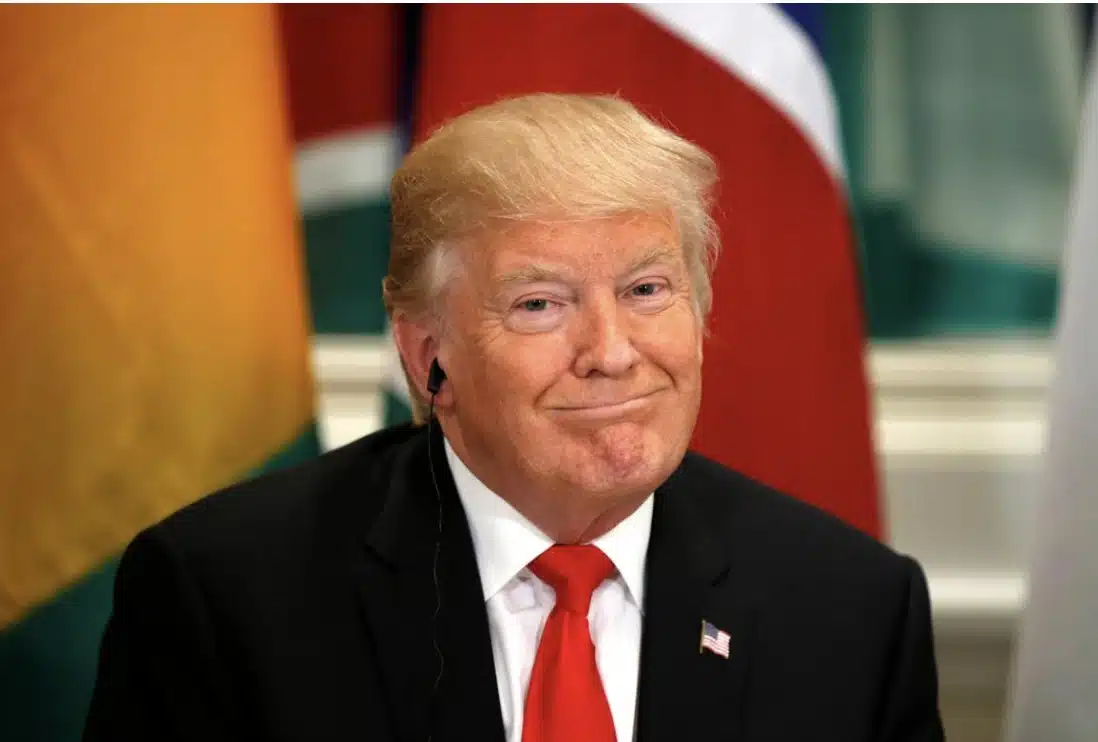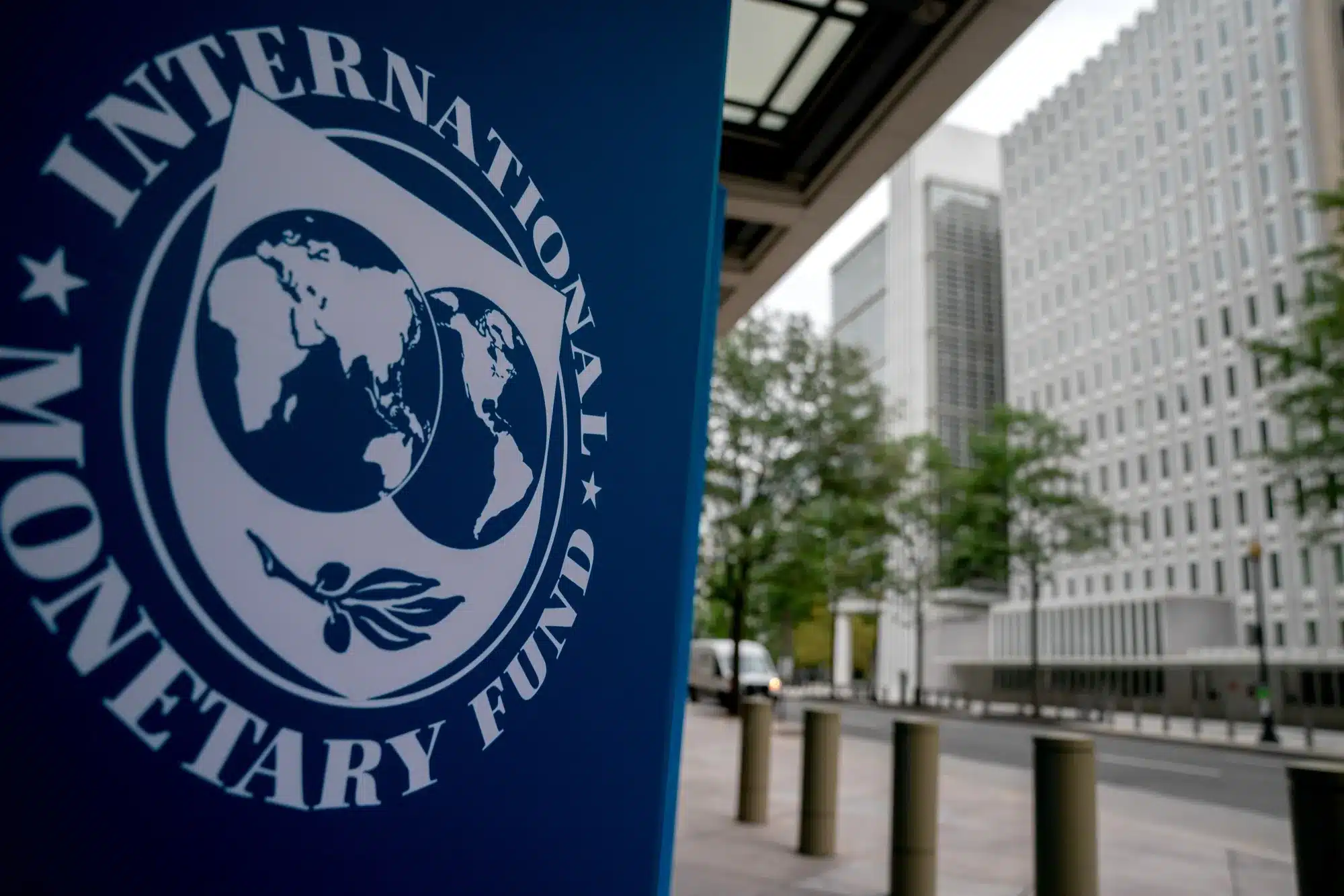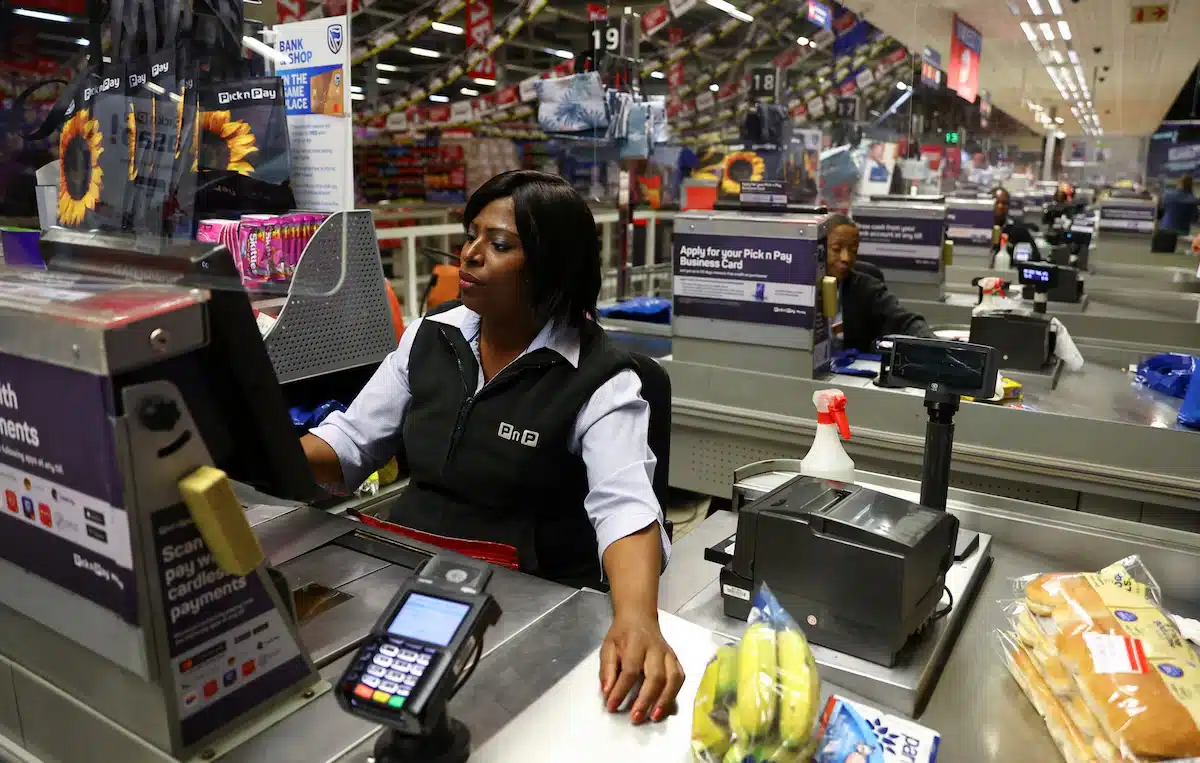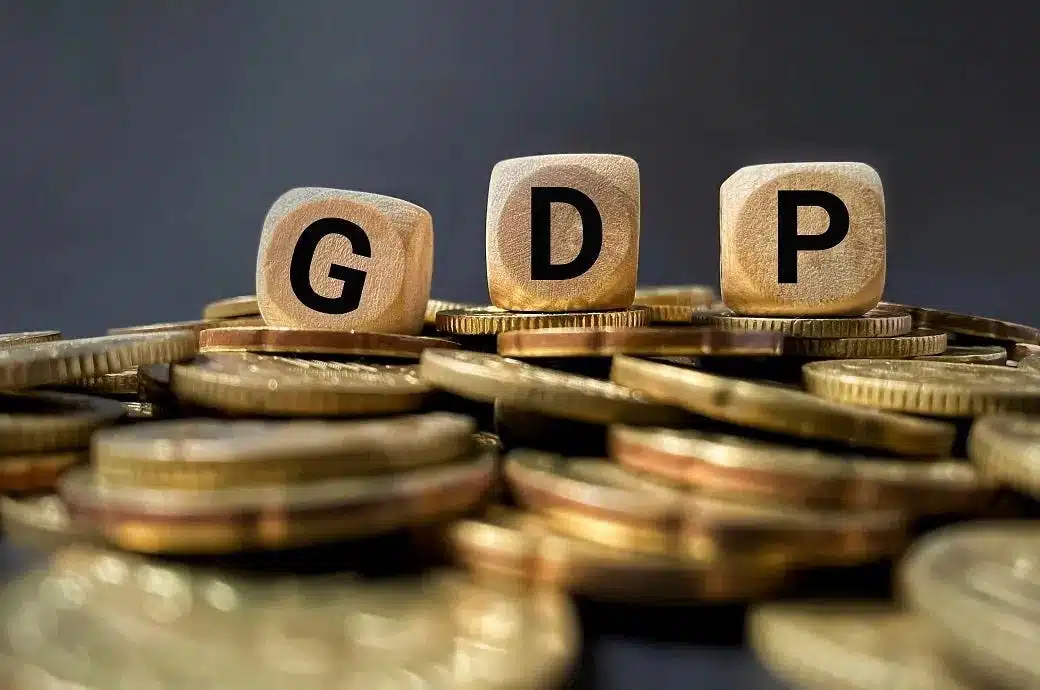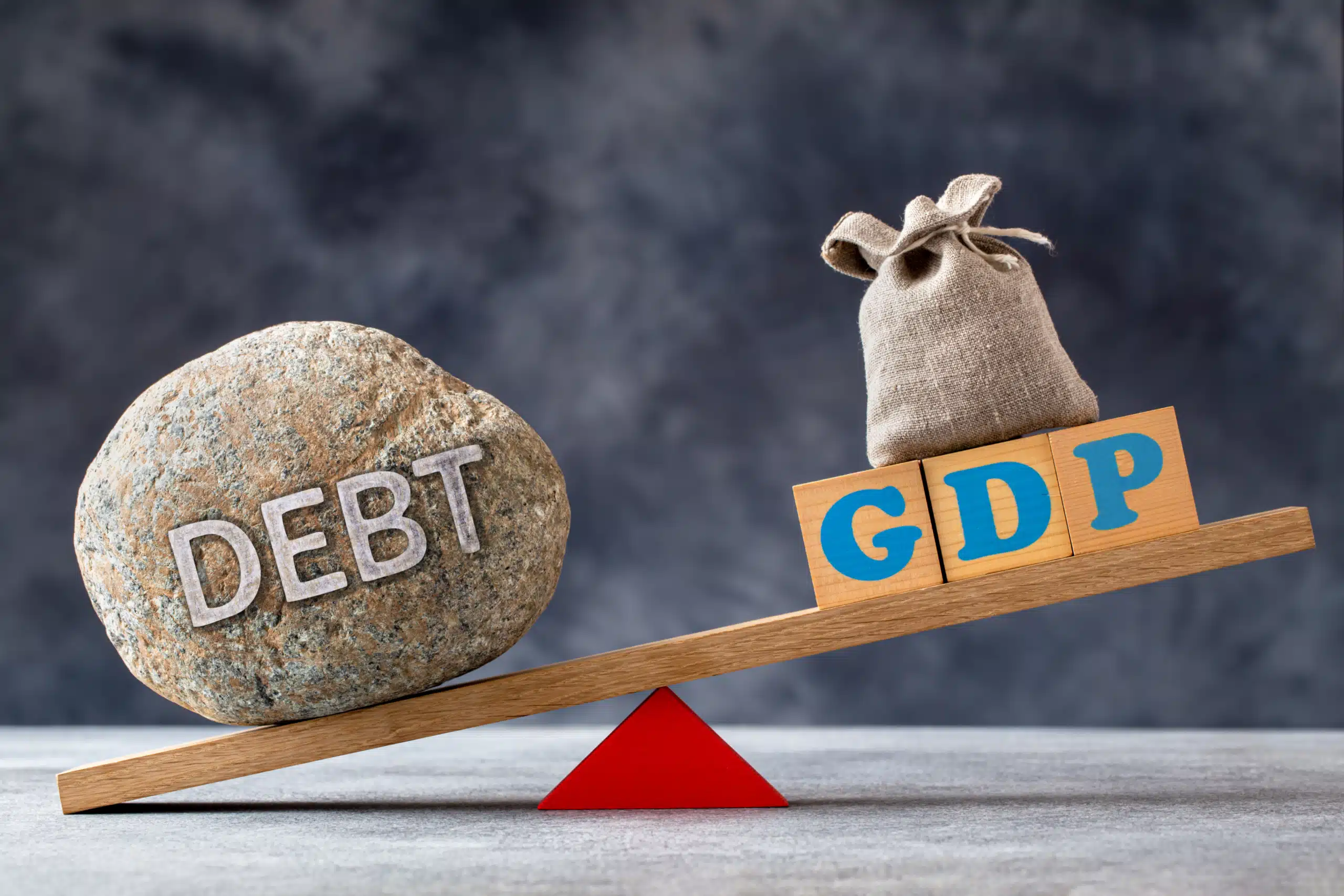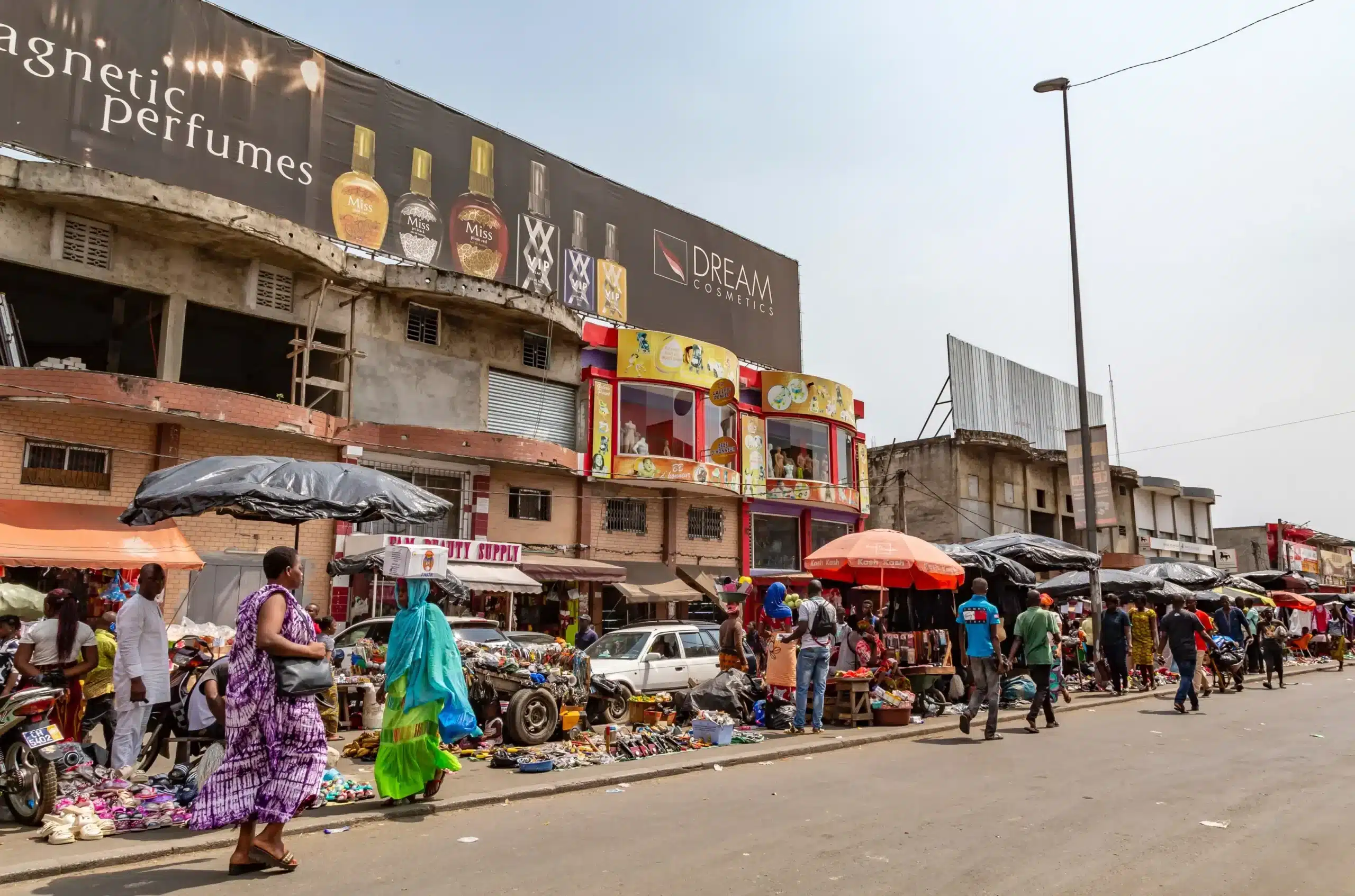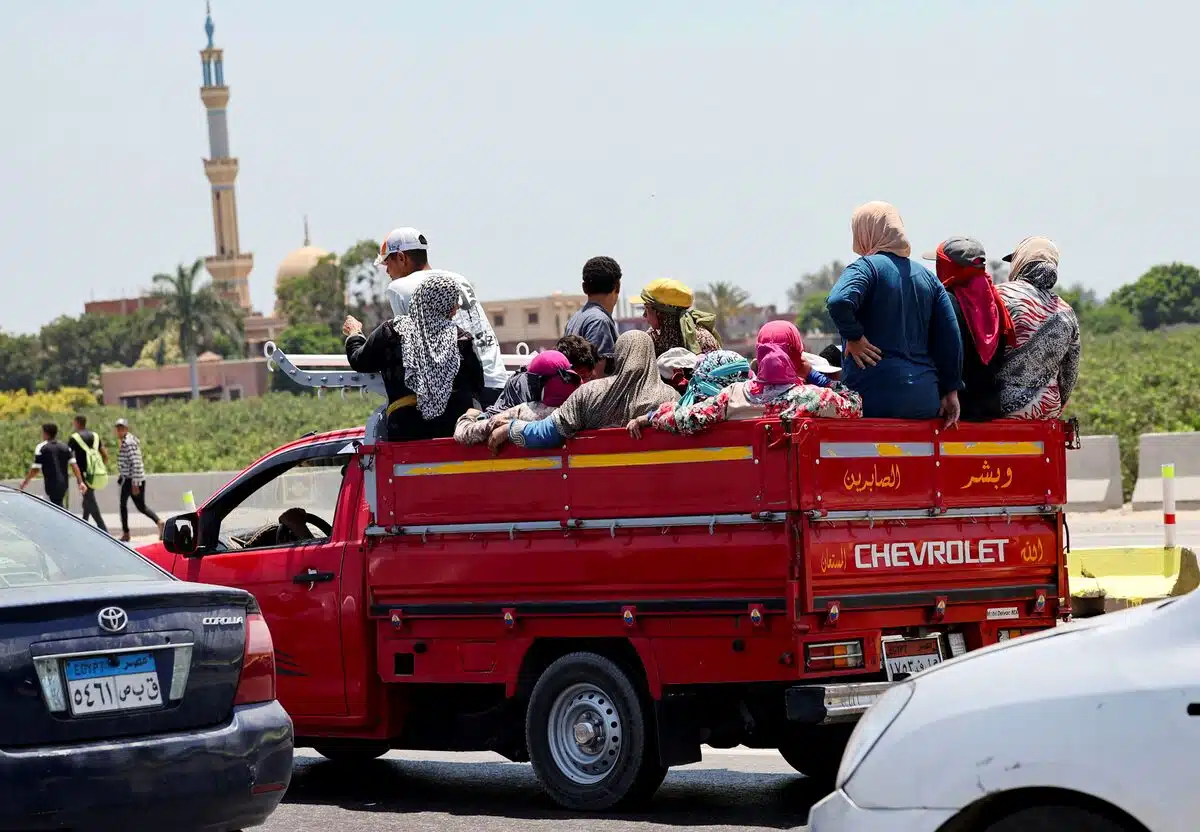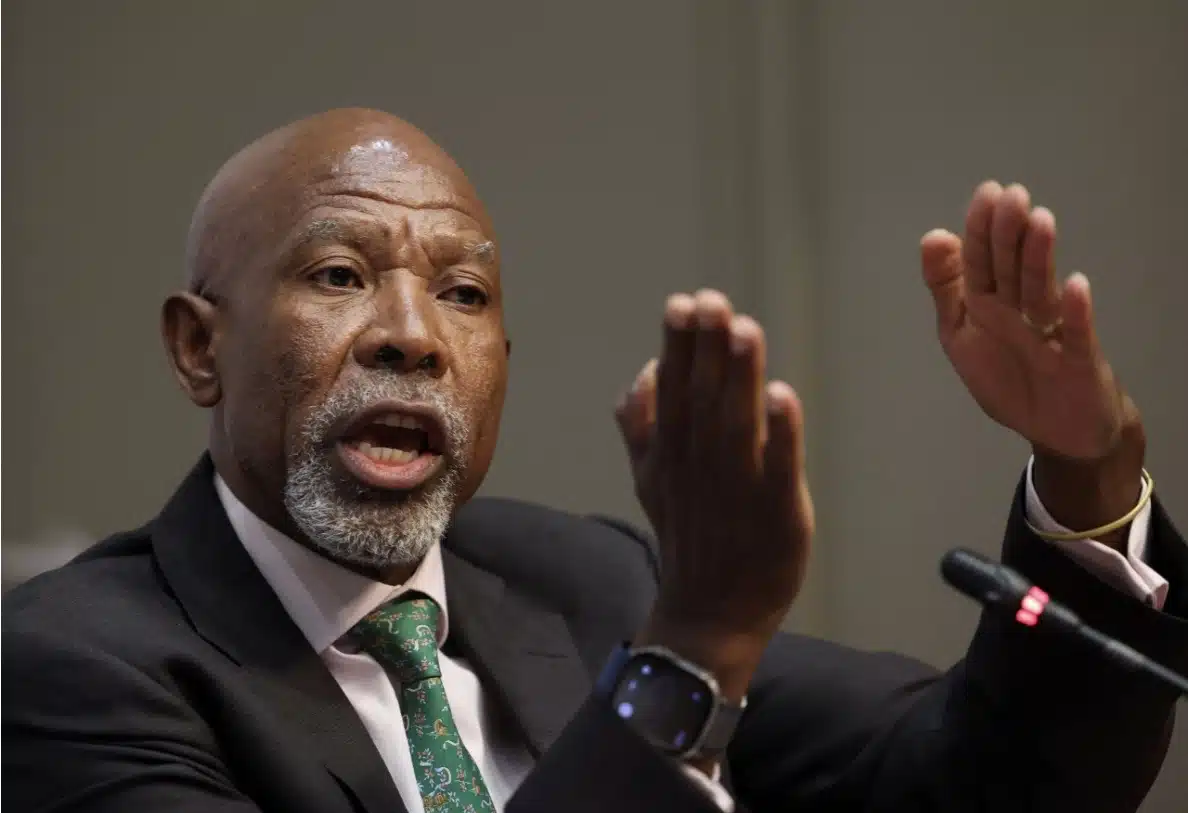The recent threat of possible military action against Nigeria by US President Donald Trump carries far-reaching implications for the Nigerian economy and investor confidence, according to the Centre for the Promotion of Private Enterprise (CPPE).
This comes at a time when President Bola Tinubu has introduced sweeping reforms since assuming office in May 2023 to boost investor confidence in Africa’s most populous nation and achieve his $1 trillion GDP target by 2030.
In a policy statement titled ‘Potential Economic Implications of the US Threat of Military Action on Nigeria,’ Muda Yusuf, CPPE Director/CEO, said although Trump’s comments appear to be based on incomplete intelligence and misjudged assumptions, their source — the US president — amplifies their potential impact.
“Regardless of its inaccuracy, the pronouncement has already generated economic, diplomatic, and perceptional consequences for Nigeria. The statement risks undermining the country’s image as a stable investment destination, unsettling financial markets, and eroding confidence among both domestic and international investors,” Yusuf added.
Trump had on Friday named Nigeria a “country of particular concern,” citing global worries over rising insecurity. In a post on his Truth Social platform, he directed the Department of War to prepare for “possible action” if killings continued.
“Radical Islamists are responsible for this mass slaughter,” he said, warning that if Nigeria’s government failed to act, Washington would “immediately stop all aid and assistance” and could “go into that now disgraced country, guns-a-blazing.”
The president’s remarks followed weeks of lobbying by US lawmakers and conservative Christian groups urging him to designate Nigeria under the “country of particular concern” (CPC) list, which also includes Russia, Saudi Arabia, Iran, and China.
The statement reflects renewed domestic political pressure to appear tough on alleged persecution of Christians abroad — a theme that resonates with Trump’s evangelical base.
Reform momentum at risk as capital inflows surge
Capital inflows into Nigeria rose to a six-year high of $12.3 billion in 2024, a 214% increase from $3.91 billion in 2023. Foreign Direct Investment (FDI), a key metric for Tinubu’s reform agenda, nearly doubled to $674.7 million, the highest in three years.
In the first quarter of 2025, total investment inflows climbed 67.1% year-on-year to $5.6 billion, though FDI dipped by 6%.
“Uncertainty and fear would lead investors to adopt a wait-and-see posture, delaying or canceling major projects,” Yusuf of CPPE said. “Private equity and venture funds may diversify away from Nigeria toward peer economies in Africa or Asia with lower perceived political risk.”
He added that market volatility would likely intensify as investors reassess Nigeria’s risk profile. Likely consequences include falling stock valuations, rising country risk premiums, higher bond yields, and naira depreciation due to capital outflows.
Markets react as bonds and naira weaken
As of November 3, 2025, Nigeria’s stock market hit a record All-Share Index (ASI) of 153,739.1 points, down 0.25% from Friday but up 49% year-to-date, outperforming the 17.9% gain recorded during the same period last year.
The Nigerian Exchange Limited (NGX) remains one of Africa’s best-performing bourses, with a market capitalisation of ₦97.6 trillion ($67.4 billion).
However, the naira weakened by 1% to ₦1,436.34/$1 on Monday in the official market from ₦1,422.2/$1 — its highest appreciation level in recent months, according to the Central Bank of Nigeria (CBN).
Bloomberg reported that Nigeria’s dollar bonds posted the steepest losses among emerging markets, with 2,047 notes dropping as much as 0.6 cents on the dollar before paring losses. The naira also recorded an intraday loss of 1.2% to ₦1,442.80/$1, its biggest one-day fall since June.
Tinubu responds, calls for diplomacy
In a statement on Sunday, Tinubu avoided naming Trump directly but stressed that Nigeria “is a democracy with constitutional guarantees of religious liberty,” adding that depicting the country as religiously intolerant “does not reflect our national reality.”
Daniel Bwala, Presidential Spokesperson, described the US president’s post as “a miscommunication,” expressing optimism that both leaders would “iron out” their differences. He emphasized that “a data-driven assessment rather than isolated reports or social media videos” should guide conclusions.
Bwala also reaffirmed that “any military action would only happen as a joint operation with the Nigerian government,” underscoring Nigeria’s sovereignty.
Religion and insecurity: A complex crisis
Nigeria, a secular nation almost evenly split between Muslims (53%) and Christians (45%), continues to grapple with communal violence often mischaracterized as purely religious. Analysts say the crisis stems more from competition over land, poverty, and weak governance.
A recent report by Lagos-based market research firm SBM Intelligence found that between July 2024 and June 2025, 4,722 people were abducted and ₦2.56 billion ($1.66 million) was paid in ransom. The Northwest accounted for 62.2% of victims, with Zamfara and Katsina worst hit.
Priests and pastors have become frequent kidnap targets, with 17 Catholic priests abducted and one killed during the period. SBM noted that prompt ransom payments often ensured survival.
CPPE emphasised that victims of Nigeria’s violence cut across all religious and ethnic lines, making claims of government complicity “grossly misleading and unfair to the present administration.”
Experts urge diplomacy, continued reforms
To mitigate economic and perception risks, CPPE advised a strategic diplomatic response, including:
- High-level bilateral talks with Washington to clarify facts and de-escalate rhetoric.
- Continued macroeconomic and governance reforms to reinforce resilience.
- Collaborative security partnerships with US and regional allies.
- Strategic communication to reassure investors of Nigeria’s stability.
“A nuanced understanding of Nigeria’s complex security landscape is essential before any external actor contemplates military intervention,” the think tank said.
Note: Exchange rates are based on official averages — ₦1,436.4/$1 as of November 3, 2025.

